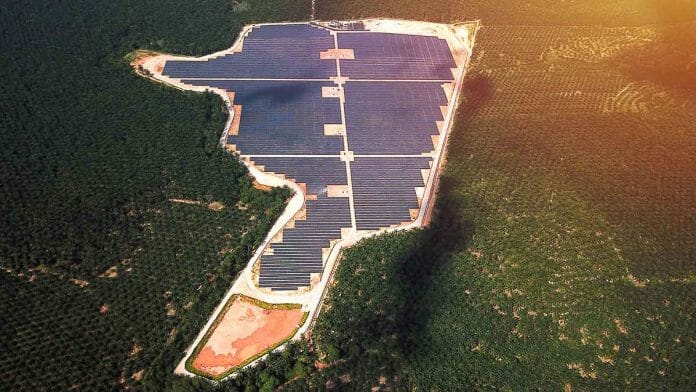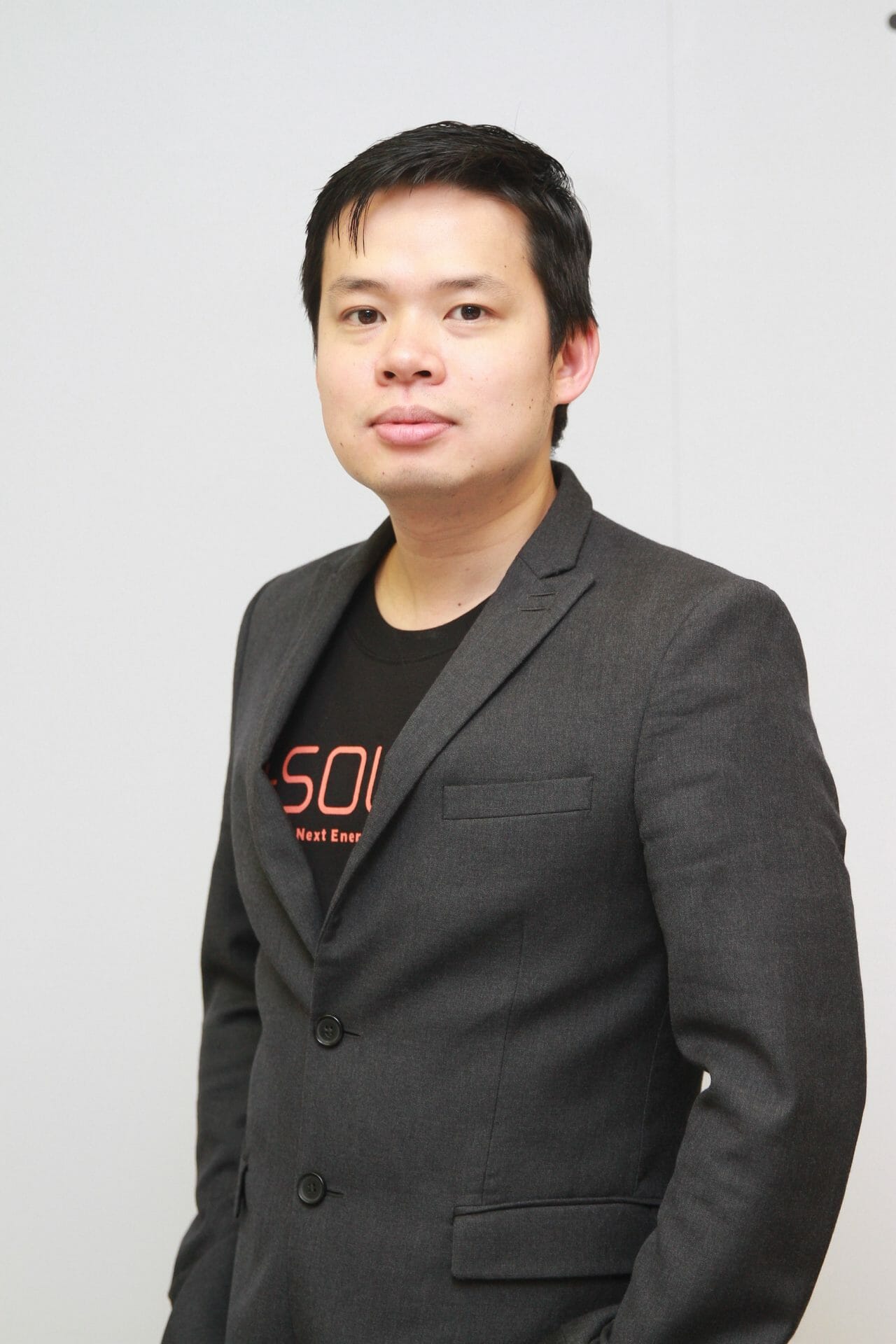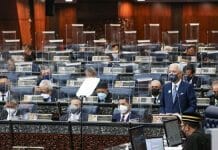The Chief Technology Officer and Co-founder of Plus Solar, Ryan Oh Zhi Kang has highlighted the need for more talent in software engineering, UIUX design and data analytics in Malaysia.
“These are the talents needed to build essential cloud computing systems that enable digitised information flow and also because IoT systems are the backbone of capturing certain data,” he says.
As part of their initiative to build a positive environment for talents to grow, innovate and impact the energy revolution, Plus Solar’s education arm, Plus Solar Academy serves to bridge the gap in clean energy education between education facilities and industrial practitioners.
The Academy hosts workshops with educational institutions to bring in the latest trends in clean energy, digitalisation in energy and practical industry knowledge to the university campus to inspire and engage talent to further the energy revolution.
“In this retrospect, with initiatives like these, students have a wider scope of knowledge to learn from, increasing their knowledge in digitalisation and have the platform to apply their skills, thus growing the talent pool,” Ryan says.
As an industry player, Plus Solar has addressed how business owners can use SOURCE to distribute their energy efficiently, while saving on cost and increasing security. This system is integrated with AIoT, monitors, and manages the energy consumption within buildings,
“By engaging with our clients, we have seen how beneficial it would be to initiate innovative projects which tackle advancing gaps within education in digitalisation that would further advance talents in this area.
“We believe this will expand the pool of talent and increase the innovation in this industry,” he says.
He further highlighted that government bodies can play their part by providing supporting facilities such as grants and funding schemes to promote digitalisation activities.
One good example, Ryan shares, is the recent Smart Automation Grant (SAG) under MIDA. This initiative was part of the RM100 million announced under PENJANA, which will be given on a matching basis of 1:1 based on the eligible expenditures and up to maximum grant of RM1 million per company would be provided.
“We hope that more initiatives and support from the government in this space will move the digitalisation industry forward to greater heights where it will become more liberalised,” Ryan tells BusinessToday.
Championing Talent
The industry player has also been working alongside universities on innovative projects through the Academy. In the past year, the Academy has hosted workshops which covered the digitalisation of energy within the clean energy space.
“We have seen the results of the collaboration translate into speaking opportunities in the universities and mutual collaboration on our end where are we are working with local universities to improve the AI algorithm of our agriculture process improvement solutions and on advanced solar PV inspection technology that us based on drone tech and AI visual recognition techniques,” he says.
Ryan is also encouraging for more higher collaboration among universities and industry practitioners, which he believes will help to fast tract the transformation towards producing talents in digitalisation.
“Both parties can strategise solutions to cultivate an open mindset and an out-of-the-box curriculum to promote and reward innovation among budding talents, therefore encouraging these talents to grow in this industry and become more engaging,” he says.
Through mutual collaboration with industry practitioners and expanding awareness, Ryan is optimistic that graduates would be able to learn about the issues faced by the industry in digitalisation such as the shortage of talent, cost issues and lack of scale.
These gaps would be significant in advancing the Industry 4.0. “There are still many businesses that have yet to move forward towards IR3.0 or IR2.0 due to these digital gaps.’
“In order to create a sustainable and collaborative ecosystem that enables consistent communication conversation and mutually beneficial policies, sustaining the bond between educational institutions and clean energy players will play a big role in advancing digitalisation itself in Malaysia and determining her success in becoming an energy efficiency champion in the region,” he concludes.









